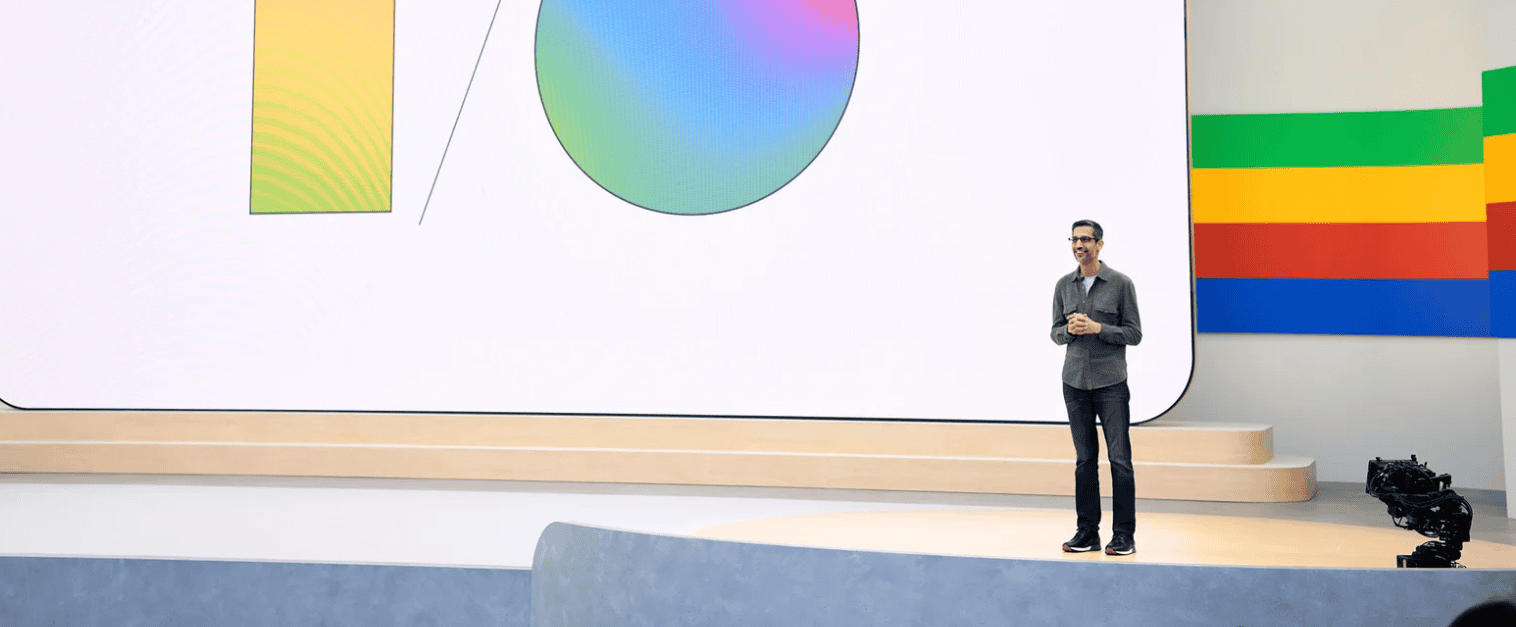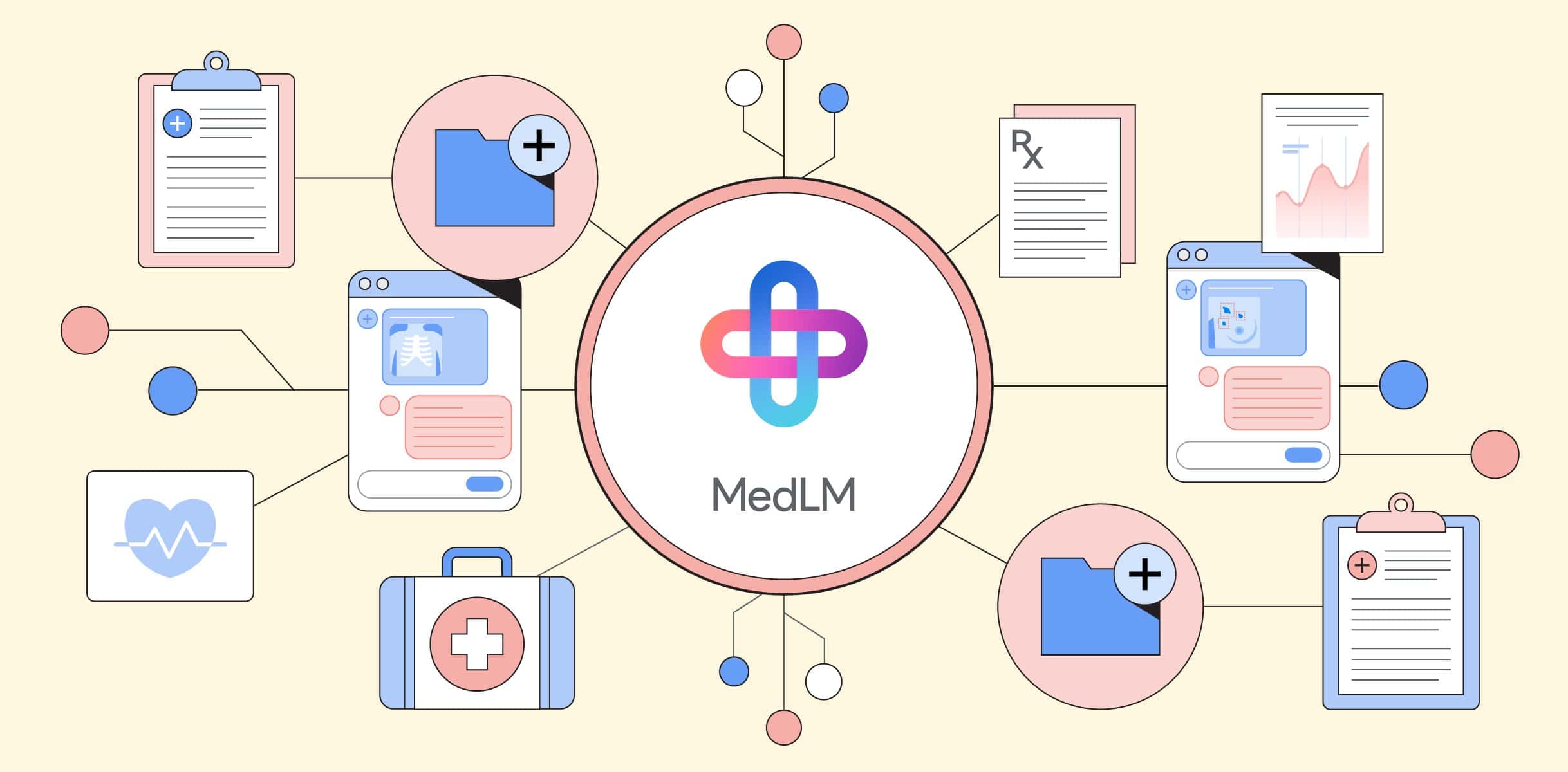
Google is taking another step in search technology with the “Gemini” rollout, an AI update that promises one of the most significant changes in 25 years. Soon, you can ask the search engine questions and give commands as if you were having a conversation. An AI summary will appear at the top of search results, with the search engine compiling answers from multiple sources. At least one billion people will have access to this revamped search experience this year – starting in the U.S. With the introduction of Google Lens, you can even use videos to answer questions. This innovation could dramatically change the Internet search dynamic.
Why this is important:
Google will soon introduce its most significant and sweeping update in 25 years. AI is going to play an important role in that update. In this article, we explain to you what’s going to change.
The future of search: interactive and intelligent
The way we search and process information is about to transform. Liz Reid, head of the Google search engine team, reveals that users will be able to use Google not only for traditional searches but also for interactive queries and commands. This new way of interacting with the search engine marks a crucial shift from passive information consumption to an active dialogue with artificial intelligence.
The “AI Overviews” concept is a core part of the update. Users receive a summary of answers to complex questions the AI prepares based on data from various websites. These summaries appear at the top of search results, giving users an instant overview without clicking.
Google’s Gemini: a new phase in AI evolution
Gemini, Google’s newest AI language model, is the driving force behind this innovation. Sundar Pichai, Google’s CEO, alludes to a future where searches are not just about text but also about images and interaction with the physical world through Google Lens. This tool makes it possible to record a video and ask Google what something is or how something works, a functionality previously unthinkable.
The impact of this development must be considered. Google’s search algorithm is ubiquitous, and the changes could affect a significant portion of Internet traffic. By integrating AI views into search results, Google appears to have an even firmer grip on the search market despite competition from technologies such as Microsoft’s ChatGPT.

International rollout and accessibility
Although the scoop is for the United States, Gemini’s rollout will be worldwide. Google has promised that more than one billion users will have access to the revamped search engine before the end of the year. This underscores Google’s commitment to accessibility and the global spread of technological advances.
The impact on society and ethical considerations
The impact of these technological advances extends beyond the digital realm; it has the potential to reshape society. With AI able to answer complex questions and perform tasks, people can save time and focus on more creative and strategic activities. This could lead to new forms of work and a shift in the skills required by the labor market.
At the same time, this update raises questions about privacy, data management, and the role of AI in our daily lives. Google is responsible for ensuring that technology is deployed ethically and that user data is secure. The dialogue on these issues is crucial and likely intensifies as technology develops.








